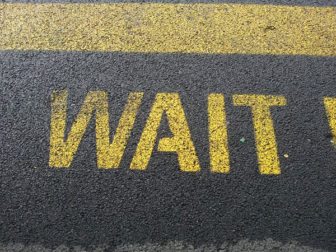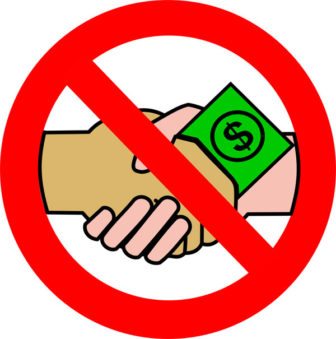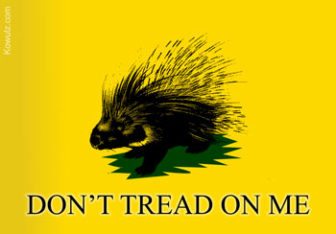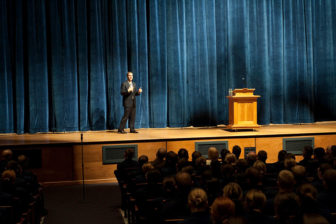April 13, 2011; Source: Boston Globe | In Massachusetts, the gambling law, enacted in 1969, does not allow casinos – but does allow nonprofits – to operate 3 casino nights each year. The law prohibits those operations from using paid professionals to operate the nights and specifies that no pot can be worth more than $25.
Every single one of these regulations appears to be violated in the poker room run by JRM Charitable Gambling at the Raynham Horse Track where the take from single hands can run as high as $100 and tournaments can net thousands for the lucky winners. JRM is run by former state racing commissioner, Gerald Venezia, who admits that he may not be in full compliance with the law, but says that if he tried to be in strict compliance it would make what he does virtually impossible. Right.
Sign up for our free newsletters
Subscribe to NPQ's newsletters to have our top stories delivered directly to your inbox.
By signing up, you agree to our privacy policy and terms of use, and to receive messages from NPQ and our partners.
A unique defense but will it be effective? JRM’s operation does contract with nonprofits which are the formal “operators” of the night (they are already booked for 4 days a week through the end of 2011) and they get a cut of the proceeds, but JRM makes approximately $2 million a year after it pays them 25 percent of the proceeds and pays the state another 5 percent. Venezia says that he nets less than the charities (cumulatively apparently) after paying all his operating expenses, but the situation is an unusually open flouting of the law. So Martha Coakley, Massachusetts’ intrepid attorney general, is on the case.
NPQ (or at least some of us) know this terrain, having been involved in casino nights ourselves in former lives. In our observation, adherence to some of the rules has always been a bit spotty so there is less that is notable about this story than might be imagined. Possibly the most remarkable aspect to it is Venezia's refreshing candor.—Ruth McCambridge













